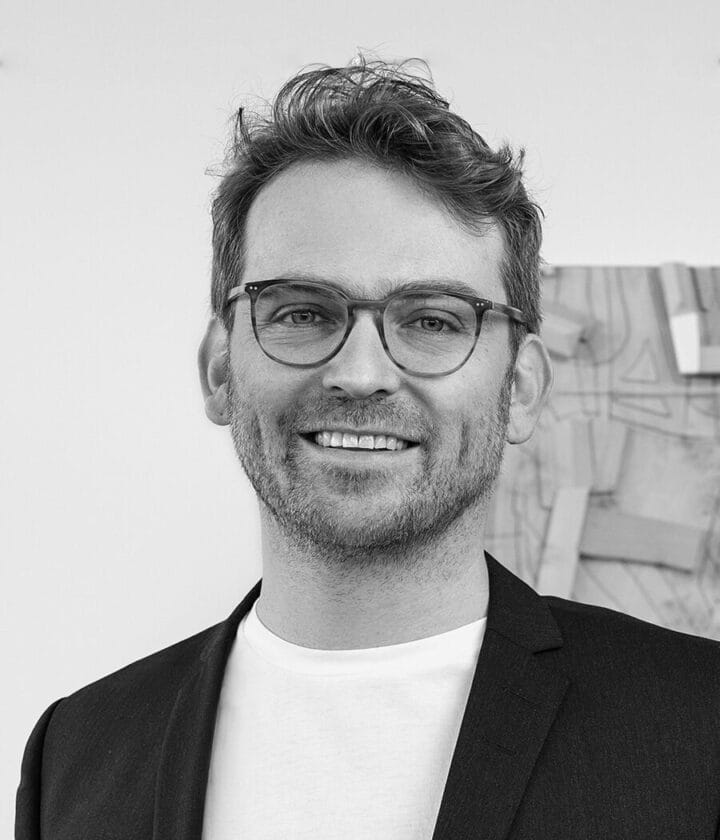Martin Knöll, a Professor and Doctor of Engineering, serves as full professor and Chair of Urban Design and Planning at the Technical University of Darmstadt, Germany. His research aims to inform the much-needed transformation of cities towards more inclusive and healthy living environments. Current projects focus on building new empiric data on the connections between urban design and mental health, and design strategies for cities to integrate Design for All into urban development and help steer transformation with participatory approaches and new digital tools. His research has been supported by the German Research Association (DFG), DAAD, and EU, and is often conducted in close cooperation with cities across Germany. Martin Knöll is a registered architect and is active in working groups on urban planning for health at the German Institute of Urbanism and the Academy of Territorial Development in the Leibniz Society. In 2021, he was awarded a DFG Heisenberg Professorship for his project on “Urban Design and Health”.
E-Mail: knoell@stadt.tu-darmstadt.de
Research interest
Everyday environments play an important role in peoples’ health and well-being. More than 25% of health outcomes can be explained by where people live. However, it is important to note that positive resources for health such as adequate housing, quality green spaces, active mobility and negative ‘stressors’ such as noise and air pollution are unequally distributed across the city. As a result, life expectancy varies by up to 8 years between neighborhoods in German cities. Urban health inequity has been amplified by the COVID-19 pandemic and is likely to increase in the coming post-pandemic years. My research interest in connection to “Organizing Architectures” is to better understand the role stakeholders and their networks, public discourses and institutions can play in promoting or hindering healthy urban planning processes.
https://doi.org/10.1016/j.jenvp.2023.102142

© Lakshya Pandit, udp
